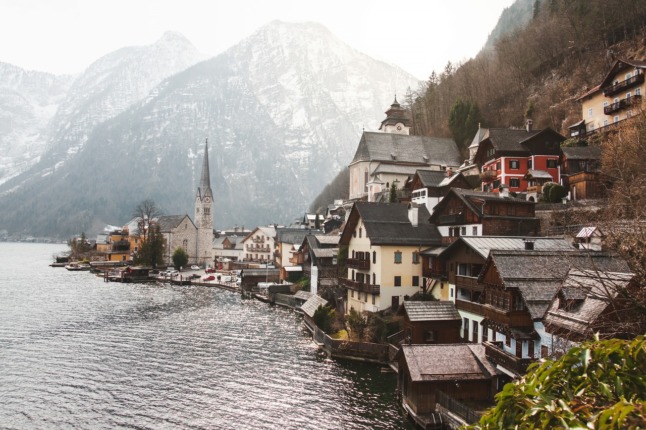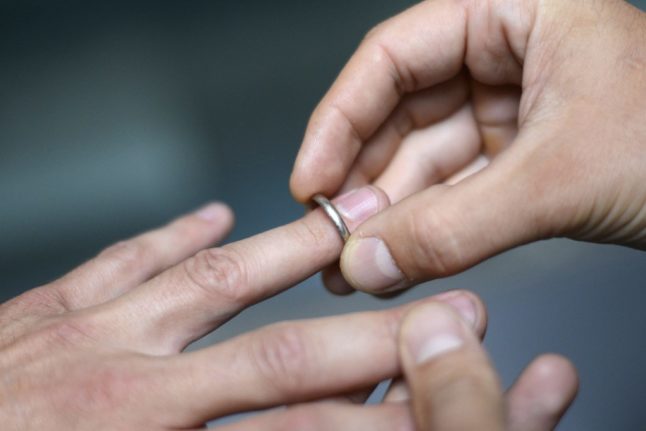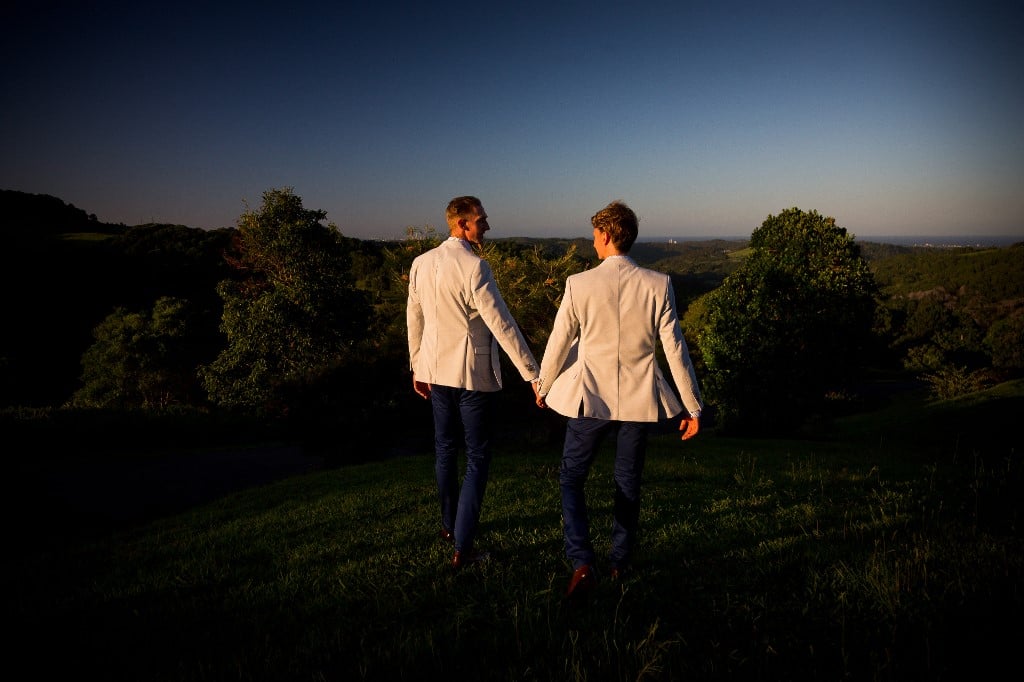Thinking of buying a house, moving house, investing or just curious about the property market in Austria?
Here’s our weekly property wrap.
Tyrol is six times more expensive than the east of Austria
A new study by Immowelt has revealed the Kitzbühel district in Tyrol is the most expensive region for property in Austria.
The average price for one square meter in the alpine district is €8,050 – six times more than the average price in the east of the country.
The report states: “This is due to numerous luxury apartments in the popular ski resorts: Chalets in Kirchberg or penthouse apartments in Kitzbühel for several million Euros are not uncommon on the market.
“This offer is aimed more at well-heeled investors. There are hardly any affordable apartments or houses to buy yourself.”
READ MORE: Five common apartment scams in Austria
Kitzbühel recently recorded the highest property sale for an apartment or house in Austria. In the second quarter of 2021, a single-family house sold for €10.3 million.
The next expensive spot for property is the city of Innsbruck (also in Tyrol) at €6,560 per square meter, followed by €5,860 in Salzburg city and €5,160 in Hallein in Salzburg.
However, in Salzburg city most properties are not purchased to live in but to rent out to tourists.
Vienna was listed at the eighth most expensive place in Austria for property with the average price per square meter at €4,880.
There is also lots of construction taking place in Vienna to keep up with a growing population and high demand for residential property.
Lower Austria and Burgenland are the cheapest places for property
The Immowelt study revealed Lilienfeld in Lower Austria and Jennersdorf in Burgenland as the cheapest places to buy property.
The average price per square meter in Lilienfeld is €1,370 and in Jennersdorf it is €1,380.
FOR MEMBERS: Everything that changes in Austria in September 2021
According to Immowelt: “One of the reasons for this is that the number of residents in Lilienfeld is declining and the demand for living space is therefore not as great as in the flourishing western districts.
“Instead of new buildings, the market is determined by cheaper existing properties.”
Warnings of a real estate bubble
The Empirica Research Institute is warning of a real estate bubble across Europe.
Handelsblatt reports that as soon as interest rates rise, rent prices will also have to go up.
Reiner Braun, CEO of the Empirica Research Institute, said: “Of course we have a real estate bubble.”
READ ALSO: Water, sewage and garbage costs to increase in Vienna next year
Annika Winsth, chief economist at Nordic bank Nordea, has also issued a warning of overheating in the European property market.
This comes as the Remax broker network recorded 76,589 property transactions in Austria in the first half of 2021.
The total value of sales was €19.6 billion – 20 percent more than in 2020.
The real estate market in Vorarlberg is booming
From January to June of this year, €1.24 million worth of real estate transactions were carried out in Vorarlberg – an increase of 15 percent on the previous year.
Bregenz, Dornbirn and Feldkirch are the districts with the highest growth in property transactions in the province.
In an article on Vorarlberg Online, Bernhard Reikersdorfer, Managing Director of Remax Austria, said many people are purchasing property in Vorarlberg as an investment or as an additional pension provision.
Did you know?
The most expensive real estate sales in Austria in the first half of 2021 were in Vienna.
An office building complex in the 12th District sold for €120 million, followed by an apartment building in the 1st District for €44 million.





 Please whitelist us to continue reading.
Please whitelist us to continue reading.
Member comments